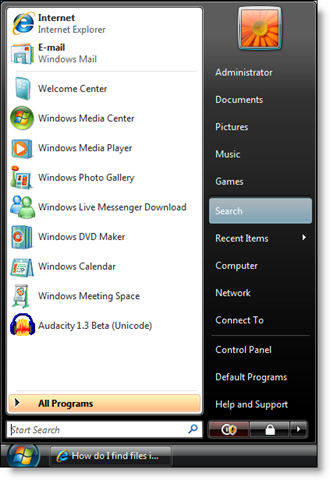I never really understood YouTube. It’s neat, I guess. But frankly, its mostly junk, and I hardly ever use it (I don’t even have a YouTube account). However, over the last week I’ve really started to notice Hulu, a completely different approach to online video. Unlike YouTube, Hulu could be the Comcast of the future.
Hulu does not have any home made videos (which are usually low quality). Rather, they license high-quality movie and television content that you’d actually want to watch. Maybe it’s because I don’t have cable at home, or maybe its because the video is actually really good quality – but this is a service I like. I watched the movie “Spy Games” with Robert Redford & Brad Pitt the other night, and it was great.
Advantages of Hulu:
* High-quality video.
* Content that you’ll recognize and want to watch.
* They do include advertisements during the video, but they’re usually 15-30s, and quite minor compared to cable television.
* They even offer some custom content only found on Hulu such as Crawford and Dr. Horrible.
Disadvantages of Hulu:
* Limited selection of content. (But improving all the time!)
* You are required to login to view much of the content. (Not too bad though)





